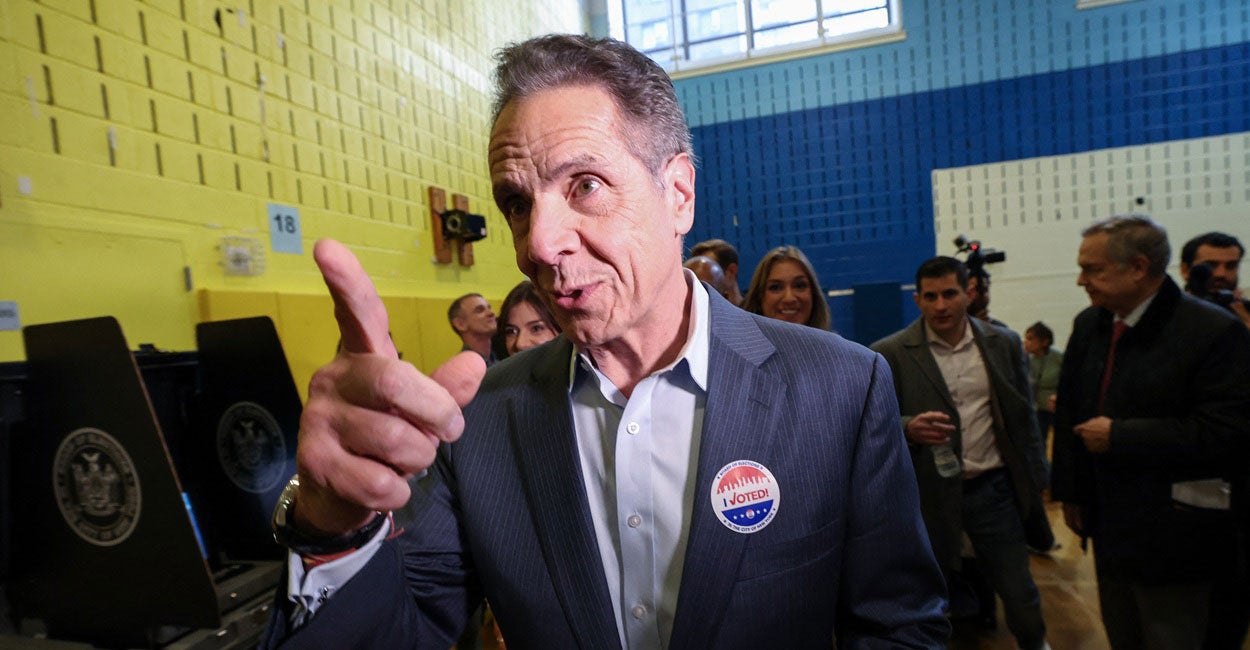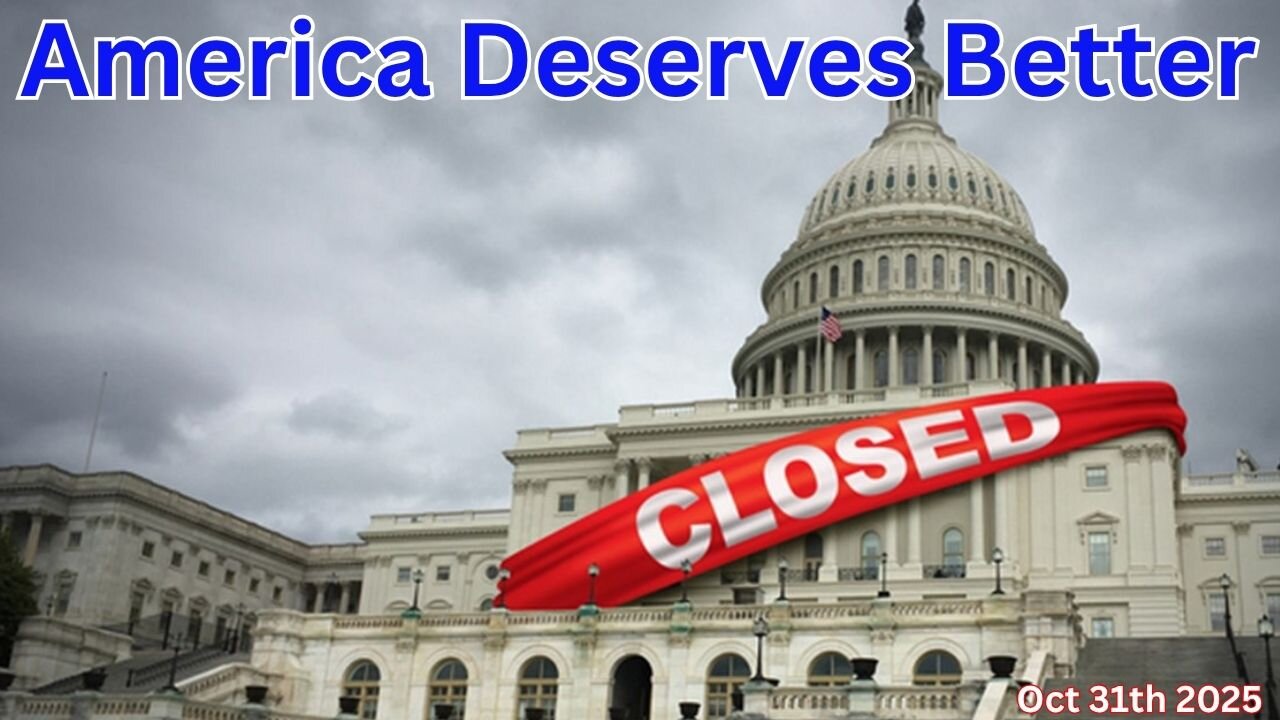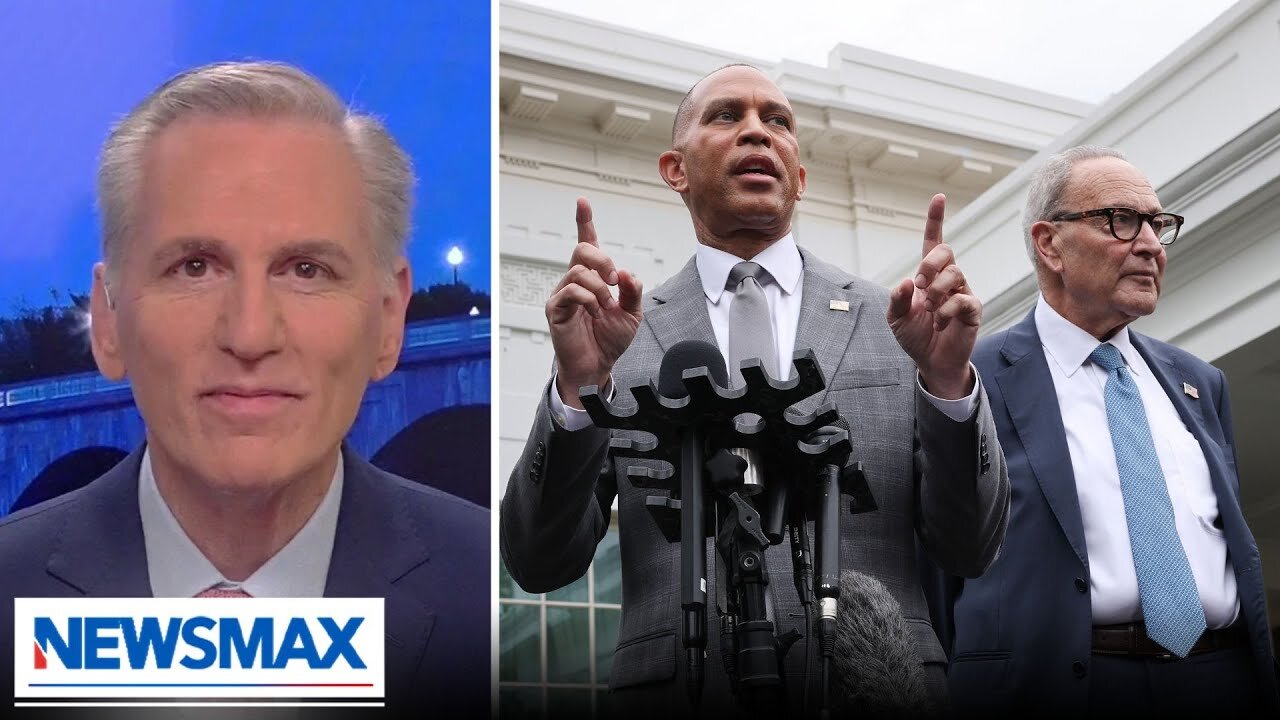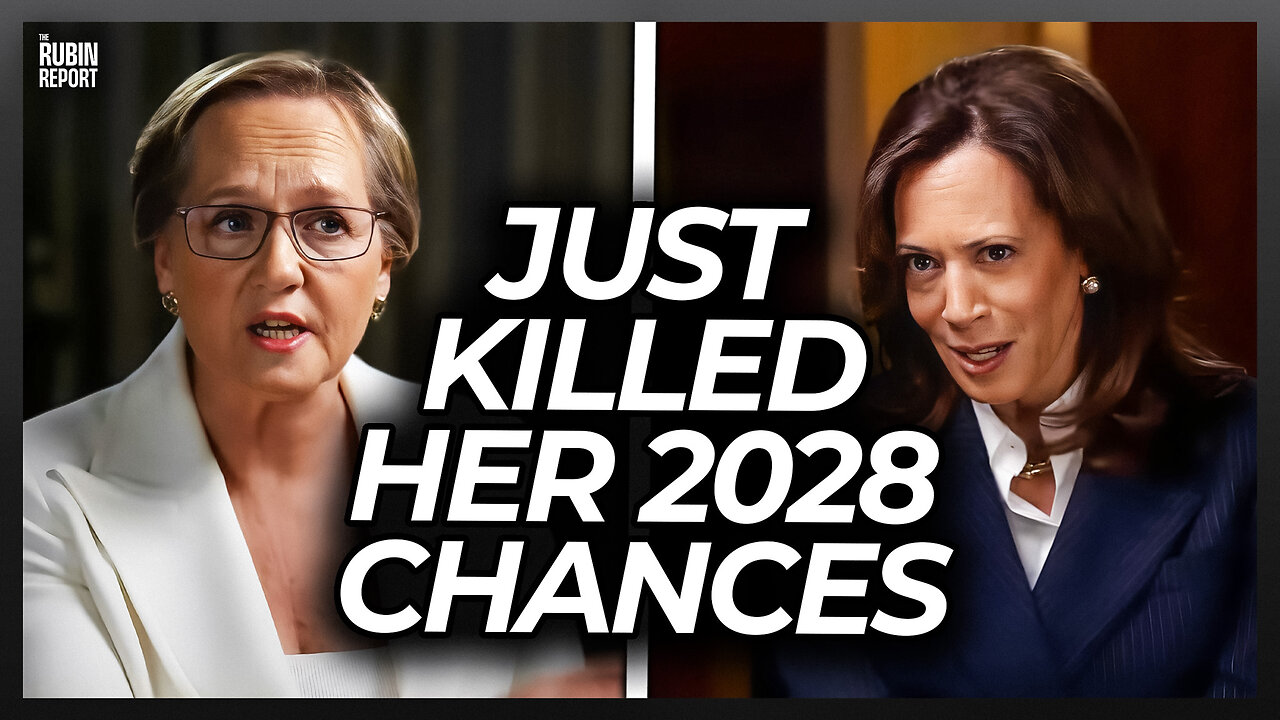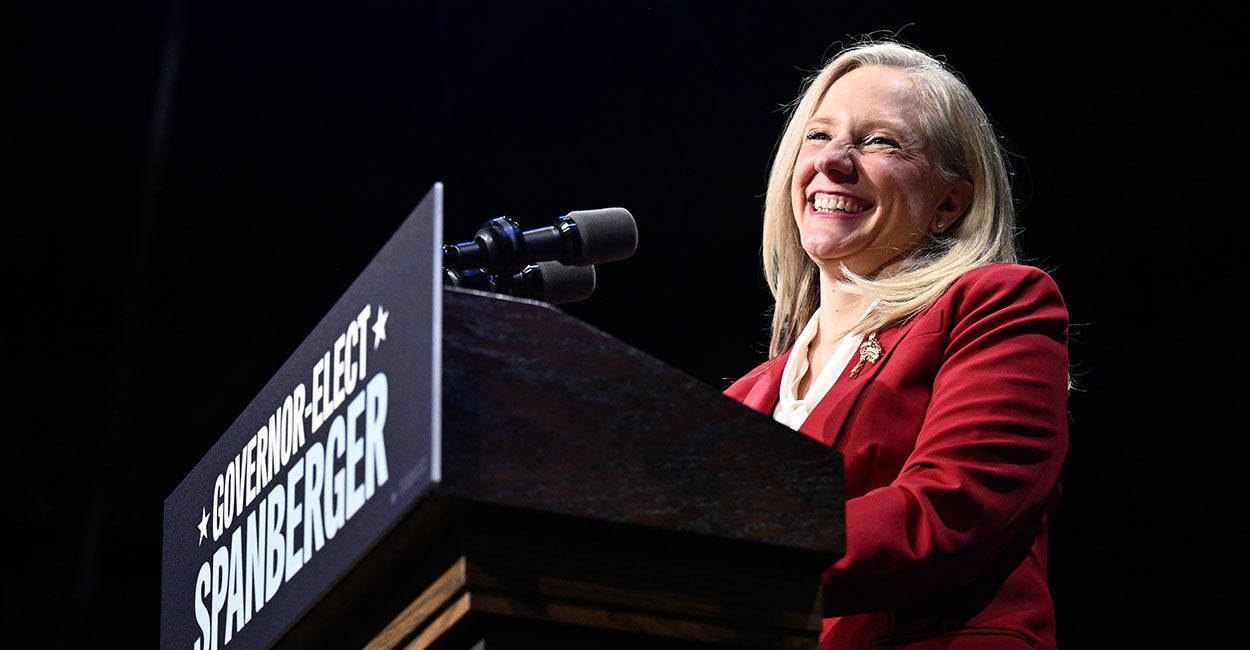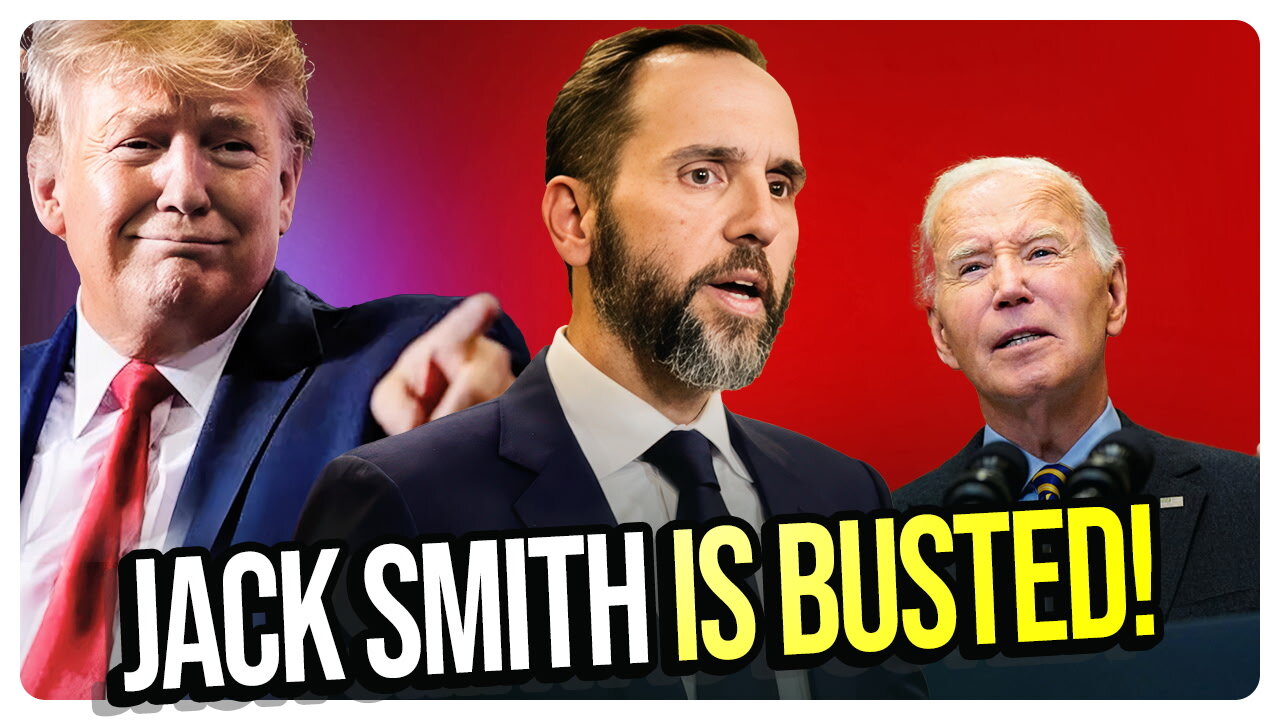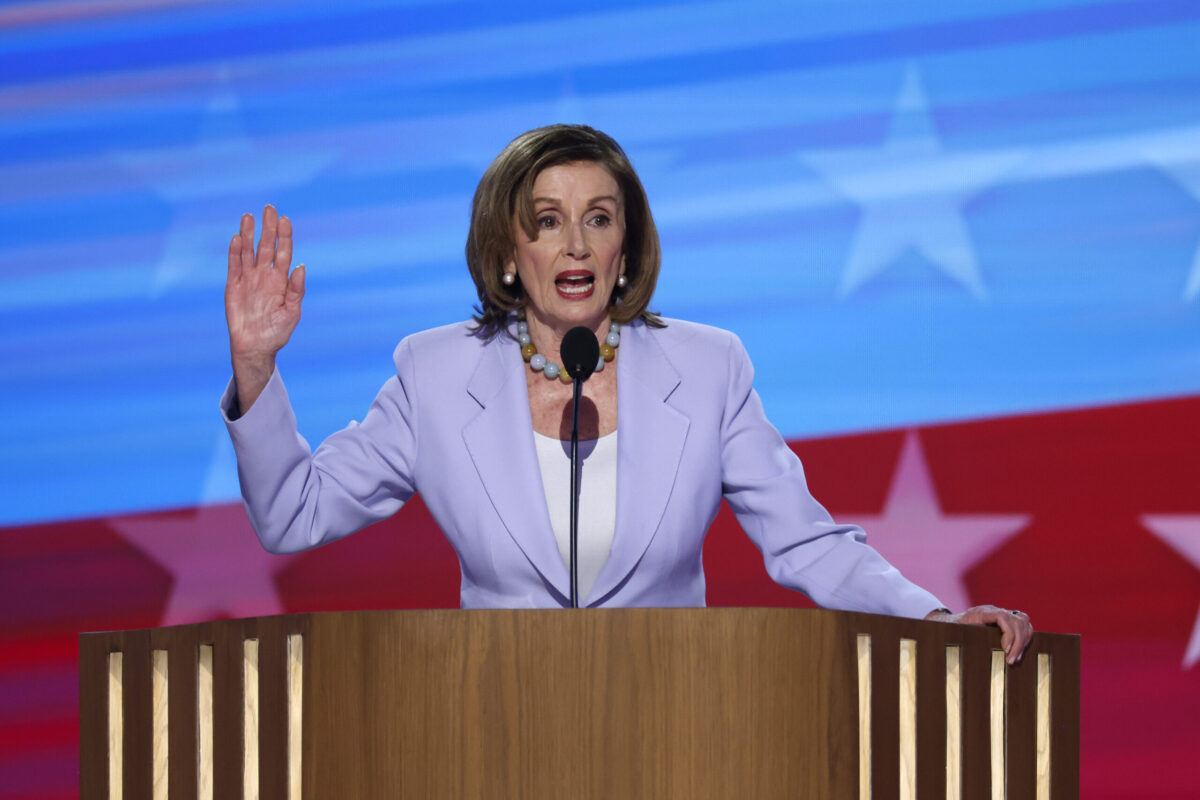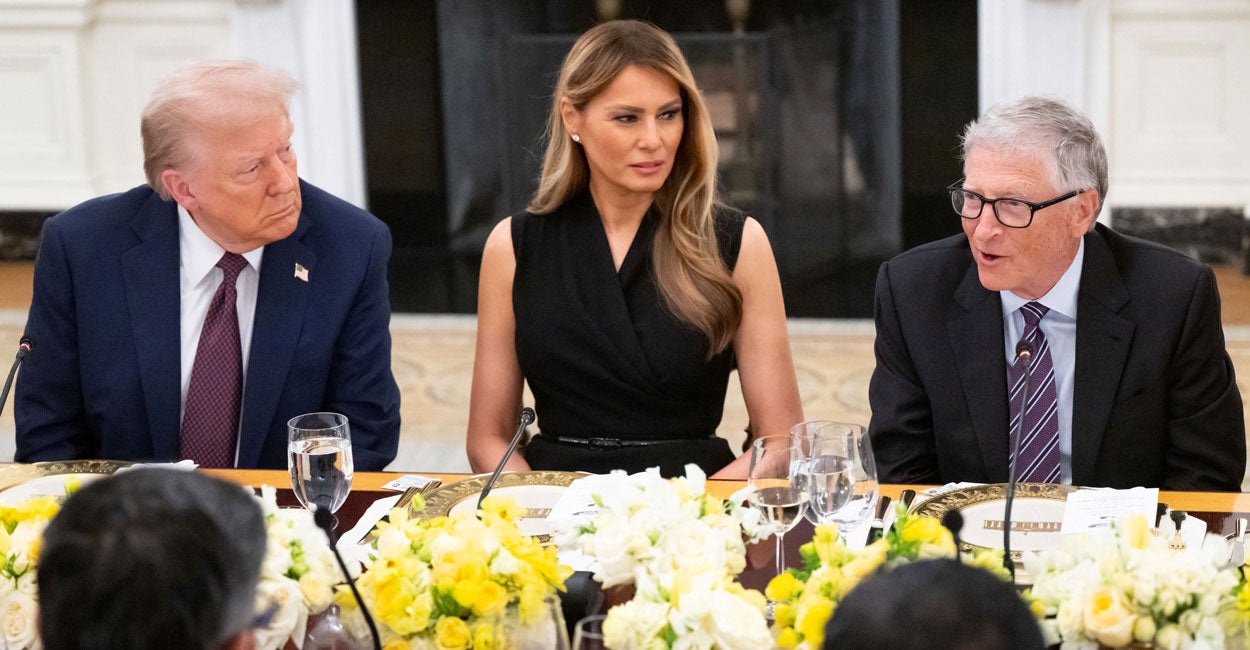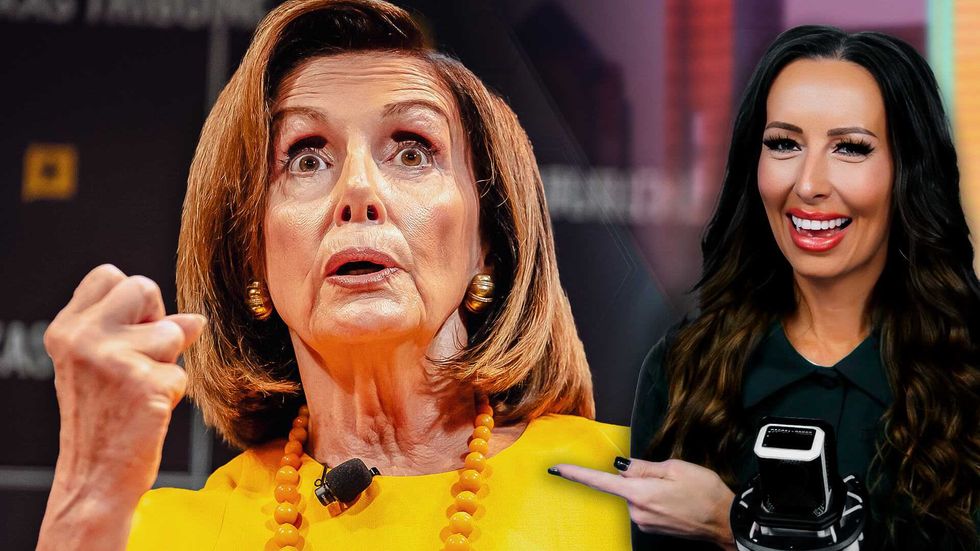America First antitrust isn’t ‘socialism’ — it’s self-defense


In a recent Wall Street Journal op-ed, Robert Bork Jr. attacked Gail Slater, President Trump’s new assistant attorney general for antitrust.
I remember watching with sadness and dismay in 1987 as Mr. Bork’s father, the late Judge Robert Bork, endured a malicious and unfair confirmation process that ended with the Senate rejecting his nomination to the Supreme Court. Now, to my regret, his son has “borked” Slater in much the same way.
The heart of Trump’s America First antitrust agenda: Protect markets before they grow too big to regulate. Break up monopolies so Washington doesn’t have to control them.
Rather than engaging with Slater’s actual record, Bork resorted to baseless claims. He suggested her antitrust philosophy boils down to a simplistic belief that “big is bad, little is good.” That isn’t her philosophy, she’s never said that, and it’s dishonest to imply otherwise.
The Trump administration’s antitrust team isn’t capitulating to monopolies. It’s doing the opposite — charting a course that breaks from the status quo of the last four years of Joe Biden and eight years under President Obama.
Monopolies rightly understood
Bork claims that Gail Slater and Federal Trade Commission Chairman Andrew Ferguson “discarded the consumer welfare standard,” the long-standing antitrust principle that limits government action to cases where consumers suffer harm. But Bork sets up a straw man. Slater never said anything of the sort — not in her speech, not even by implication.
In fact, Slater made her position clear: She supports “respecting the original public meaning of the statutory text and the binding nature of Supreme Court and other relevant precedent.” That’s not a rejection of the consumer welfare standard.
Bork also misrepresented Slater’s concern over monopolistic control by tech platforms. He mocked her for saying these companies “control not just the prices of their services, but the flow of our nation’s commerce and communication.” Bork scoffed: “What prices? Facebook, Instagram, Google, LinkedIn, and YouTube don’t charge consumers a penny.”
RELATED: YouTube deserves its own antitrust scrutiny
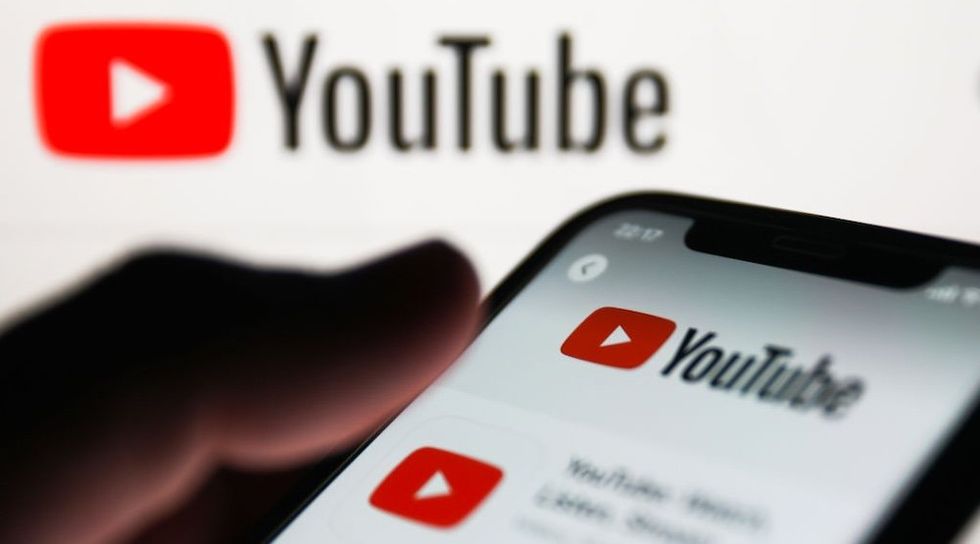 Photo by Jakub Porzycki/NurPhoto via Getty Image
Photo by Jakub Porzycki/NurPhoto via Getty Image
Slater might have spelled out more clearly how these platforms profit through exploitative practices and suppress conservative voices through debanking, shadow-banning, and viewpoint discrimination. But her time was limited. Bork’s refusal to acknowledge the damage done to conservatives by monopolies that dominate the flow of information is not just blind — it’s disgraceful.
I, for one, applaud a Justice Department finally willing to confront monopolies not just over dollars, but over speech. Americans deserve protection whether the cost of control impinges upon their wallets or their freedom.
This isn’t Biden 2.0
Calling Slater a continuation of Biden’s antitrust policy is the coup de grâce of Bork Jr.’s “borking” campaign. The claim doesn’t hold up. From day one, Slater made clear her intention to restore objectivity and restraint to antitrust enforcement — anchored in law, not ideology. Biden’s FTC and Justice Department had weaponized antitrust, targeting deals that posed no real threat to consumers, often on laughably flimsy grounds.
Bork, in another op-ed, pointed to the Biden administration’s lawsuit against Visa over razor-thin fees as an example of legitimate enforcement. But Visa wasn’t harming consumers. The lawsuit looked more like an effort to strong-arm a private firm into acting as another weapon in the administration’s anti-conservative arsenal — just as it had done with major banks and social media platforms.
The Biden administration even blocked the merger of Spirit and JetBlue, smaller carriers that offered real competition to the Big Four airlines. The move led to bankruptcy, obviously hurting consumers. Had Democrats won last November, the Big Four likely would have been expected to repay the favor politically.
But those were Biden’s decisions — not Slater’s. She has already made clear she intends to reverse course. She’s not in office to weaponize antitrust law. Her aim is to enforce the law and uphold precedent.
In an April interview with Sohrab Ahmari, Slater didn’t mince words: “If you’re doing a merger that’s benign, we’ll just get out of the way.” In her first public address on April 21, she pledged to give economists a stronger role in enforcement and criticized regulation that “saps economic opportunity by stifling rather than promoting competition.”
That doesn’t sound like central planning. It sounds like a welcome return to sanity.
Deregulation by prevention
So why is Bork trying to paint her as Chairman Mao? Probably because Slater understands what many in D.C.’s think-tank class still miss: Big Business isn’t always Big Government’s victim. More often, they work together. Corporate giants gain dominance, then lobby for regulations that kneecap smaller competitors.
Bureaucrats play along because it’s easier to deal with one entrenched firm than a dozen fast-moving upstarts. That’s not capitalism — it’s cartel economics. And for once, a president is pushing back.
Slater has made it clear that monopolies don’t just crush competition — they endanger core American freedoms. She watched Big Tech silence dissent during the 2020 election. Her response? Use antitrust to reduce the need for government, not expand it.
That’s the heart of Trump’s America First antitrust agenda: Protect markets before they grow too big to regulate. Break up monopolies so Washington doesn’t have to control them. Call it what it is — deregulation by prevention. It’s the opposite of socialism. In truth, restoring power to the people, not the government, is exactly what the founders envisioned. Just read the 10th Amendment.
A seismic shift
FTC Commissioner Mark Meador, a Trump appointee, points out that “consumer welfare” doesn’t just mean cheap products. It also means protecting Americans from economic overlords who silence dissent, distort democracy, and punish disfavored speech. Sound familiar?
Meador rightly rejects the progressive notion that “bigness” is always bad. But he also rejects Bork-style libertarianism that shrugs at monopolies unless they raise prices. That view ignores what consumer welfare really demands — fair markets, not just cheap goods.
The 2024 election wasn’t just a political win for Trump. It marked a seismic shift in what the Republican Party stands for.
Democrats now serve Wall Street, Silicon Valley, and multinational conglomerates. Trump’s GOP champions the working American — the factory worker, the tradesman, the small business owner.
Too often, well-meaning but outdated Republicans cry “socialism” when anyone dares challenge corporate power. But they’re not defending capitalism. They’re defending a rigged system. And voters finally noticed.
Trump wasn’t sent back to Washington to coddle monopolies or rubber-stamp mergers. He was sent to drain the swamp — including the one where corporate lobbyists and bureaucrats make backroom deals to preserve their government-aided monopoly grip. If that makes the old guard nervous, they can always file a complaint — with one of their apps.
Originally Published at Daily Wire, Daily Signal, or The Blaze
What's Your Reaction?
 Like
0
Like
0
 Dislike
0
Dislike
0
 Love
0
Love
0
 Funny
0
Funny
0
 Angry
0
Angry
0
 Sad
0
Sad
0
 Wow
0
Wow
0
